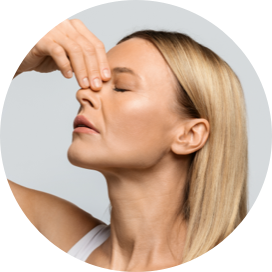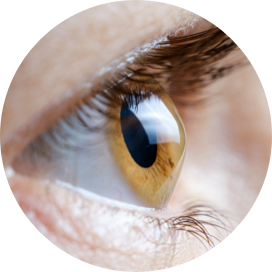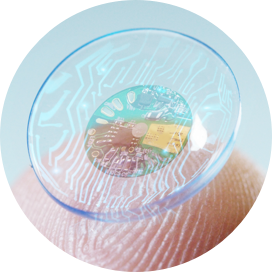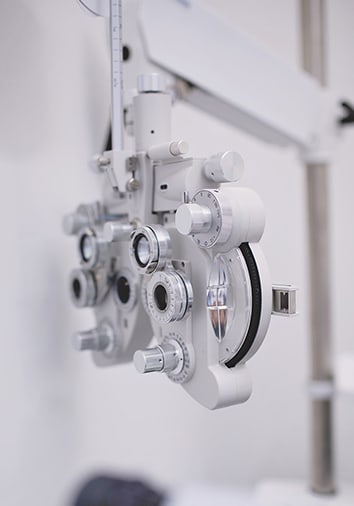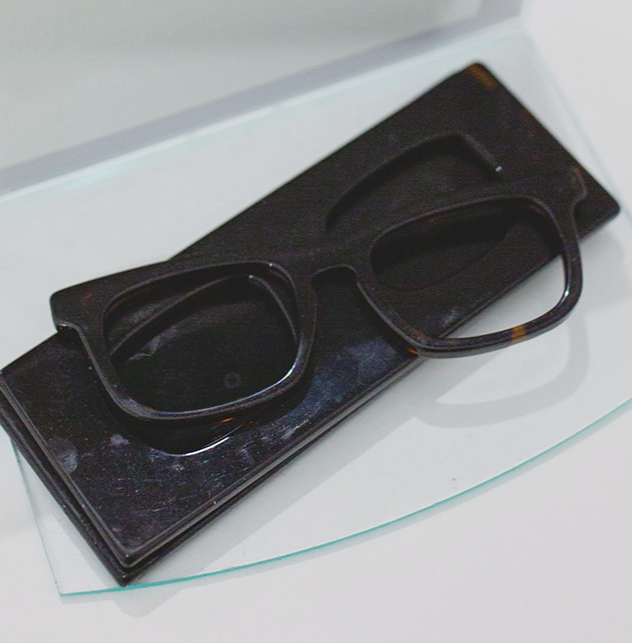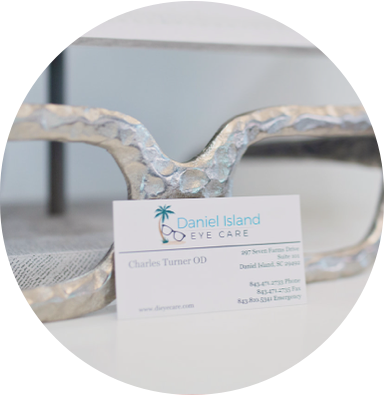Dry eyes and floaters both affect the eyes and are common eye ailments. Millions of people experience both of these conditions, but they are not linked.
Dry eyes and floaters have different causes and yet can be present together. Symptoms of dry eyes and floaters can be uncomfortable, irritating, and aggravated by medical conditions.
Speak to your optometrist about your symptoms and concerns, and with regular eye exams, you can achieve optimal eye health.
What are Dry Eyes?
Dry eye is a medical condition characterized by a lack of tear production or an imbalance in the quality of tears an eye produces. Dry eye symptoms include:
- Irritation and burning
- Gritty feeling in the eyes
- Blurred and decreased vision
- Excessive tearing
- Redness.
- Light Sensitivity
Causes of Dry Eyes
Apart from decreased tear production or increased tear evaporation, there are many reasons why you may experience dry eyes:
- Dry eye is part of the natural aging process.
- Weather extremes such as wind, smoke, and dry climates.
- Long periods of contact lens wear.
- Antihistamines, antidepressants, and certain medications and drugs to treat high blood pressure.
- Medical conditions such as rheumatoid arthritis, diabetes, and thyroid disorders.
- Allergies such as hay fever.
- Eye infections or injuries to the eyes or eyelids and inflammation of the eyelids
What are Floaters?
Floaters are little shapes, such as specks, threads, squiggly lines, or cobwebs that float in front of your vision. They typically appear with bright lights or white surfaces and are most noticeable when looking at a uniform background, such as a blue sky.
Vitreous gel, a liquid that fills the inside of your eyeball, is a transparent, jelly-like material. As you age, the vitreous gel tends to shrink and becomes more liquid.
Protein fibers in the liquid clump together and cast shadows on the retina, which are floaters. Floaters seem to travel across your field of vision but don’t actually move.
Floaters are not dangerous, but if you experience a sudden increase in floaters, flashes of light in one or both eyes, or lose peripheral vision, consult your eye doctor immediately to rule out other conditions such as:
- Retinal detachment
- Retinal tear
- Vitreous bleeding
- Eye tumor
- Inflammation at the back of the eyes
Can Dry Eyes Cause Floaters?
We have established that dry eyes are due to lack of tear production, lack of quality tears, and rapid evaporation of tears. Floaters, in contrast, are linked to age-related changes occurring in the eye’s vitreous gel that allow protein particles to float freely.
Age is a common contributor to both dry eyes and floaters. They can appear together but are in no way related. You are at increased risk for developing dry eyes and floaters if:
- You have an autoimmune disease
- You are older
- You have diabetes
Treatment For Dry Eyes and Floaters
Dry eyes can include mild and severe cases and treating the underlying conditions ensures comfort and avoids further vision problems. Treatment options for dry eyes focus on increasing tear production, lubricating the eyes, and reducing inflammation.
- Artificial tears can manage mild cases of dry eyes by coating and working as a lubricant. If there is no relief after using artificial tears, prescription eye drops may help.
- Prescription eye drops from your eye doctor can increase tear production.
- Omega-3 fatty acid supplements can also help relieve symptoms of dry eyes.
- Block tear ducts help conserve tears by keeping the eyes lubricated with natural tears for longer. Tear ducts get plugged with tiny gel or silicone plugs that are removable. A more permanent solution requires a surgical procedure.
If inflammation is the cause, treat this with eyedrops, eyelid massages, warm compresses, or eyelid cleansing to decrease inflammation.
Treatment for floaters is not needed unless they affect your daily vision or you notice sudden changes. These can include:
- Presence of new floaters
- Increased floaters
- Flashes of light in one or both eyes
- Blurred spots or darkened shadows in the center or sides of your vision
Treatment to relieve symptoms of floaters involves treating the underlying condition, such as inflammation, bleeding, retinal tear, or retinal detachment. A surgical procedure called a vitrectomy is another option that removes the floaters by draining the vitreous liquid.
Quality Eye Care Leads to Quality Vision
While unrelated, dry eyes and floaters can affect eye comfort and ocular health. Dry eye therapy for dry eyes and addressing the underlying conditions that cause floaters are essential in resolving symptoms.
Daniel Island Eye Care can assess your eyes and advice on treatment options for dry eyes and floaters. Book an appointment with us today to discuss your eye care needs.



